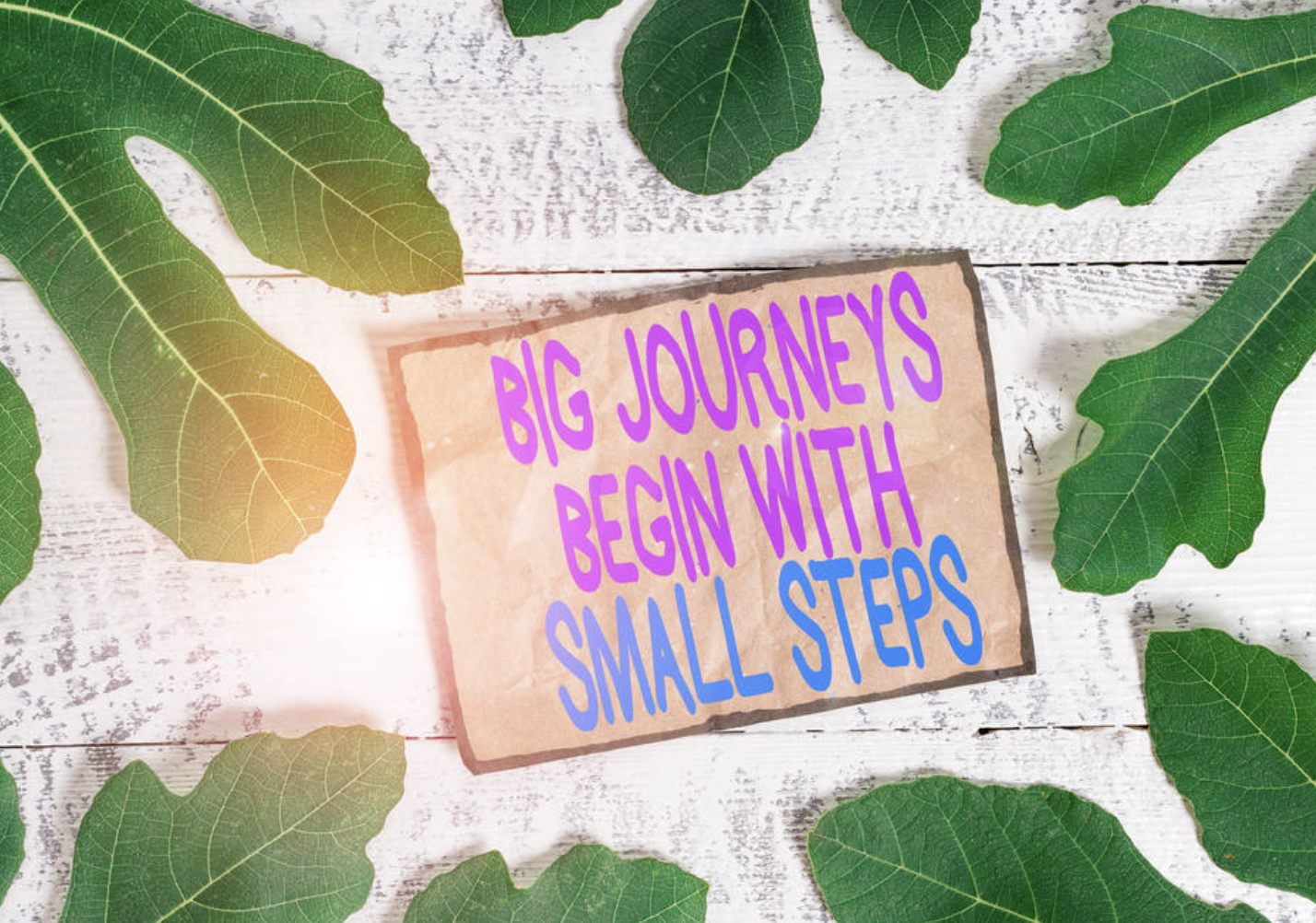Help, I have no self-discipline! I can’t sit down and write every day!
Every writer is familiar with this problem, whether a beginner or an old hand. But building a good writing routine isn’t actually rocket science.
Before we delve deeper into the matter, we should clarify one thing. Namely, the nature of your motivation. Why do you even want to write? Why you should motivate yourself to write?
Intrinsic motivation and writing
This means the inner, self-generating motivation of every human being. So you write because you enjoy it, you see a meaning behind it, you find it challenging or because it simply interests you (e.g. the topic of a non-fiction book).
Extrinsic motivation and writing
This is something you want or have to do something because of external circumstances. So if you want to write a book because a friend is doing it too. Or to reap money and fame. Then you are extrinsically motivated and will have corresponding difficulties in achieving this goal, because there are certainly better ways of doing this.
Intrinsic motivation is of course much stronger than extrinsic motivation. If you’re passionate about your stories, wanting to tell the world because they’re great stories, then you’re intrinsically motivated and won’t give up until you reach your goal.
However, if you feel you belong to the second group, i.e. if you suspect that you are extrinsically motivated (be honest!), then you will probably suffer from a terrible reluctance to write again and again. Please ask yourself in a neutral way whether writing is something for you at all.
Because if you’re constantly having to force yourself to do something you don’t really care about, well, why would you force yourself to do something you find so difficult?
However, what you can do if you are absolutely sure that you actually want to write:
Tickle your (intrinsic) motivation. Draw her out, nurture her, care for her like a delicate orchid!

How do I motivate myself to write?
1. Participate in the NaNo.
This is such a great way to prove to yourself that you can do it. I can’t say it often enough. If it’s spring like it is now, it doesn’t matter. You can already plan what you want to write in November. I don’t believe in starting the NaNo unprepared. A lot of words come out of it, but the question later is whether you can do something with them.
Kill two birds with one stone and plot ahead. In this way you prevent so-called “writer’s block” because you know exactly how things will continue. That takes a lot of stress out of you! There is nothing worse than knowing I have 1667 words to write today, but about what?
2. Talk to others about your story.
Nothing is as motivating as thinking about your text with other writing enthusiasts or reading enthusiasts. Other perspectives can be immensely enriching and give you ideas you never would have thought of before. It always inspires me so much that I want to rush to the computer immediately.
You might find a writing buddy (that’s a person who will help you with your story and you will help with theirs in return), check out forums, or writing groups. If you’re lucky enough to have someone in real life who is as passionate about writing as you are, then you deserve congratulations. Praise is the surefire way to motivate yourself to write.
I myself had a person for a while with whom I exchanged emails. But if you don’t know the person, it takes a long time to build trust and you often find that it doesn’t really fit. At the moment I don’t have anyone, or I brainstorm with my children and my test readers about the second volume of my dragon story from time to time, it’s a lot of fun and brings up the funniest ideas!
3. Make a vision board.
Visualizations are incredibly powerful! It doesn’t matter what you put on a board like this, it just has to motivate you. If you don’t have a pin or magnet board handy, a large piece of cardboard will do. Perhaps you have already found your favorite cover, with your title and your name? That’s a great way to motivate yourself to write.
Again, I keep it as simple as possible and just pin photos of my main characters and my favorite locations on a small cork board. Very simple, but enormously effective! When I walk past my desk, I immediately feel like continuing to work on my story.
Please try it, it’s really helpful. Some people put tremendous creative energy into it.
4. Set yourself small, achievable goals.
Let’s be honest, if you also go to school or university or work, maybe have children or other commitments, it’s pretty difficult to stick to this word goal for a long time. Find a word goal that is realistic for you.
Some may work with time goals instead of word goals here. For example, make it a point to continue working on the story for half an hour every evening. Unfortunately, there is a great danger for me that I will spend half an hour thinking and hardly putting anything on paper.
Although that’s also important, of course, afterwards I don’t have the feeling that I’ve achieved anything. Try it, maybe you like it.
If you like, sign a small contract with yourself.
I, name, commit to writing at least 500 words every day. The only free day is Sunday. If for some reason I don’t get to it one day, I’ll make up the word count the next day. If I voluntarily write more than 500 words, they can be credited the next day. At this rate, I will have my book ready in 33 weeks or about 8 months (assuming an estimated book length of about 100,000 words).
Date, signature
Hey, if that doesn’t sound like a way to motivate yourself to write, I don’t know what does! Hang the contract clearly visible on the fridge or on your computer and mark the estimated date on your calendar!
Of course, you can change any terms in the contract as you wish. For example, I don’t allow myself a day off 🙂 Instead, I prefer to work ahead.
Important: Be realistic with your contract terms. Nothing is worse than lagging behind and getting in a bad mood and ending up throwing it all away in frustration. Set yourself small goals. Once you’ve done that, you can always pick up the pace for your next book project! And how quickly 8 months go by!
5. Create a table.
Some people find structure that motivates them to write by tracking their writing progress in stats. To be honest, it’s too much work for me. I prefer to use this time to create an Excel spreadsheet for writing.
But I have to admit, it spurs you on: Once you have registered with NaNo, statistics will automatically be displayed for you. You just have to enter your word progress. It’s great to see how the bar grows and what your ranking is!
6. Keep a writing journal.
To get straight to the point: I don’t keep a writing diary. If I had a lot of time I would love to do that because I do think it’s extremely helpful. Maybe I’ll give it a try sometime?
So since I’m not an expert, I’d like to recommend this link to you if you’re interested.
7. Reserve some writing time.
That can be in the evening from around 8 p.m., like me, or you get up half an hour earlier (brr). No matter when you integrate it into your daily routine, your writing time should be sacred to you and only be omitted in exceptional cases.
It takes time to get used to not lying on the sofa at night (or in bed in the morning, brr), but once you get the hang of it, it will be pretty normal for you to come to your writing time at the to put computers. It won’t cost you much to overcome it, that’s the beauty of habits!
And once you sit and write, the worst step is over. The motivation to write arises when writing, only sitting down takes effort and you deal with that quite well with a fixed habit.
8. Work with a reward system
For example, when you hit your daily word goal, treat yourself to a wonderful, steaming, fragrant cup of tea and another half hour of reading/television time. Doesn’t that sound tempting?
I advise against sweets, because if you use them every day as a reward, your health will suffer 😉
Or you can walk the dog for another half hour. Or… you can probably think of hundreds of other things.
For me, it’s actually the half hour of reading that I only allow myself when I’ve finished with the daily words. But I’m often so caught up in writing that it’s too late. But that doesn’t bother me either, because the good feeling of having done more than necessary is also a wonderful reward!
Very important: You should enjoy writing
Working successfully or continuously on your story is a mixture of motivation and discipline. Admittedly, some discipline is required, because who doesn’t like to laze on the sofa? But if you know how to tease and increase your motivation, you only need a minimum of self-discipline. And in the end, we, writers, simply enjoy writing.

